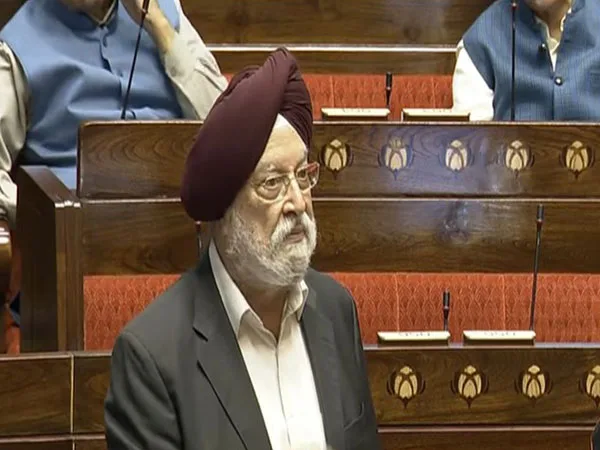NEW DELHI, March 13: The Lok Sabha passed the Oilfield (Regulatory and Development) Amendment Bill, 2024, on Wednesday, marking a significant step in reforming India’s oil and gas sector. This bill, which was earlier passed by the Rajya Sabha on December 3, 2024, aims to modernize the regulatory framework to attract more investment and boost exploration and production within the oil and gas industry.
The amendments are designed to enhance energy availability, accessibility, affordability, and security, contributing to India’s long-term goal of becoming a developed nation by 2047, in line with Prime Minister Narendra Modi’s vision of a “Viksit Bharat.” The bill reflects the government’s ongoing efforts to reform the oil and gas sector, with key changes including a shift from the “production sharing” regime to a “revenue sharing” model for awarding contracts, simplifying procedures, and reducing the regulatory burden. Since 2014, over 76% of the active exploration acreage in India has been awarded under these reforms.
Petroleum and Natural Gas Minister Hardeep Singh Puri, while introducing the bill, emphasized the need to transition from a licensing-focused system to one that promotes ease of doing business and fosters collaboration between the government and contractors. He highlighted the importance of a simple, stable, and predictable legal framework to attract investors, considering the high risks and long gestation periods in the sector.
Key provisions of the bill include replacing the outdated practice of treating mining and petroleum operations alike, and introducing a single permit system—petroleum leases—which streamlines the licensing process for different types of hydrocarbons. The bill also promotes the adoption of new technologies, such as carbon capture, utilization, and storage (CCUS), as well as green hydrogen.
Addressing challenges faced by smaller operators, the bill enables resource and infrastructure sharing between operators to alleviate constraints. Additionally, it strengthens investor confidence by offering operational stability, a more efficient dispute resolution mechanism, and increasing penalties for non-compliance to ensure better enforcement of the law.
Puri also reiterated that the bill upholds the principle of cooperative federalism, ensuring that states retain their rights to grant petroleum leases, clearances, and royalties. He concluded by stating that the bill would improve the ease of doing business in India, enhance the country’s attractiveness for oil and gas production, and help unlock the full potential of India’s hydrocarbon resources.

